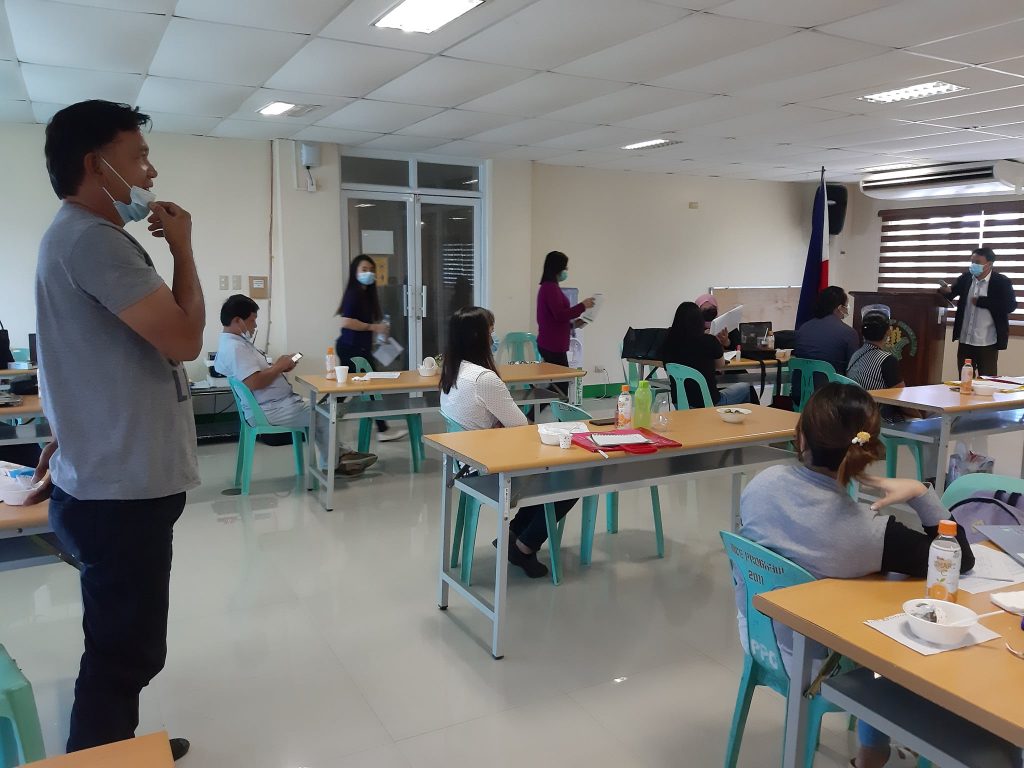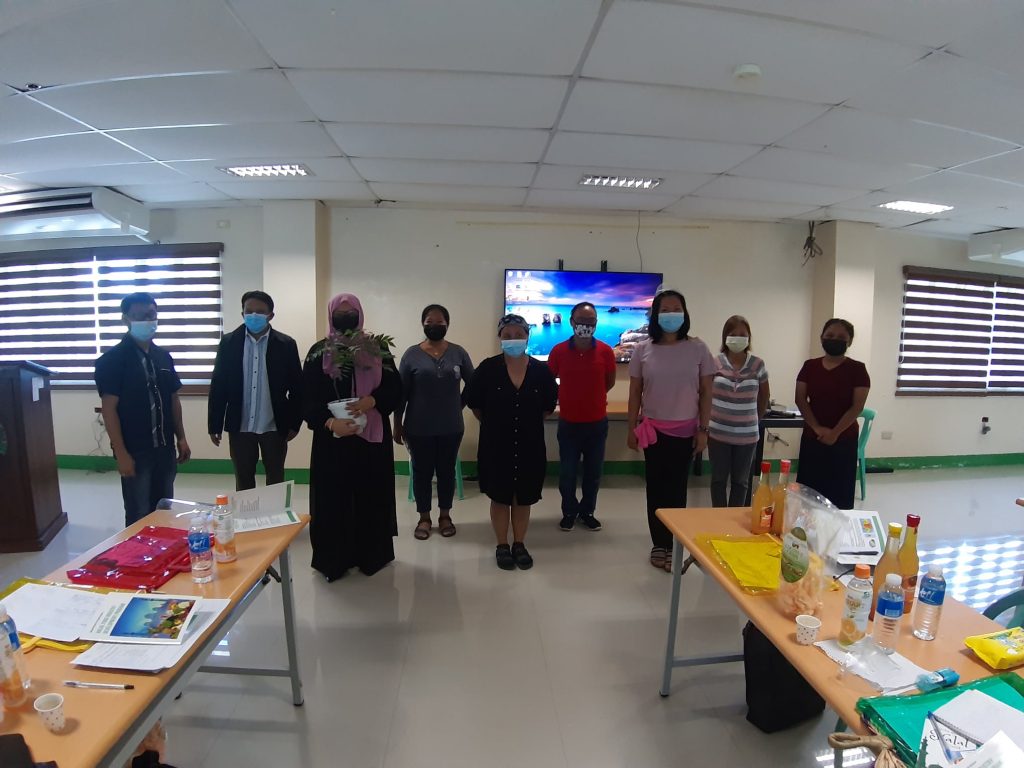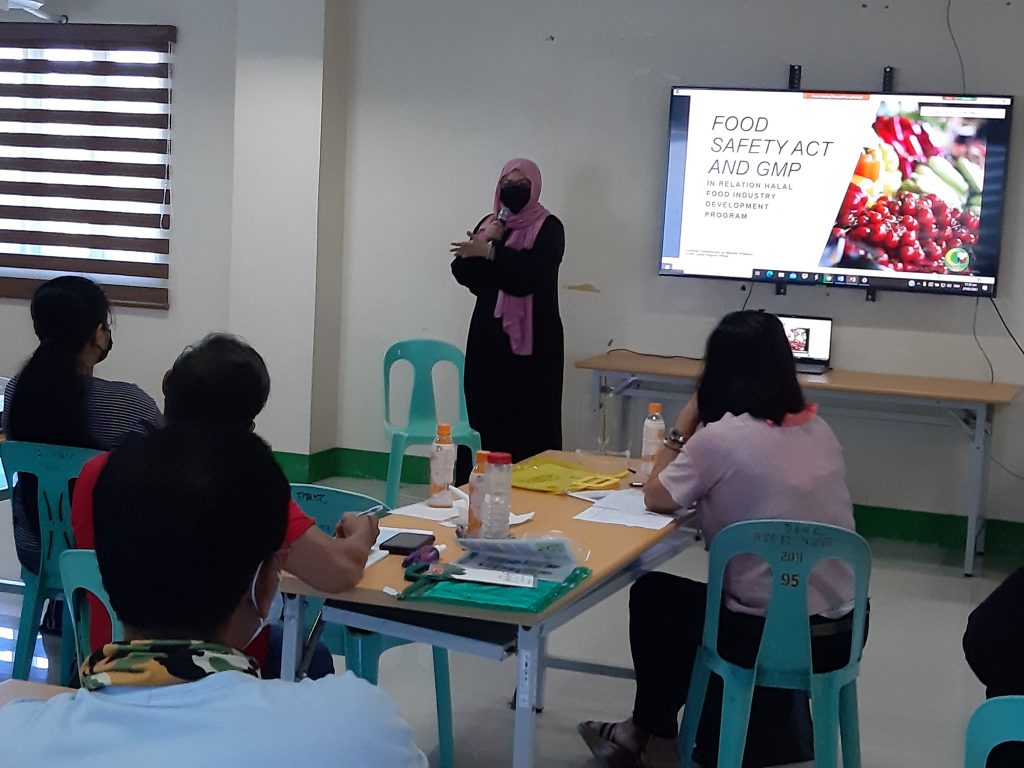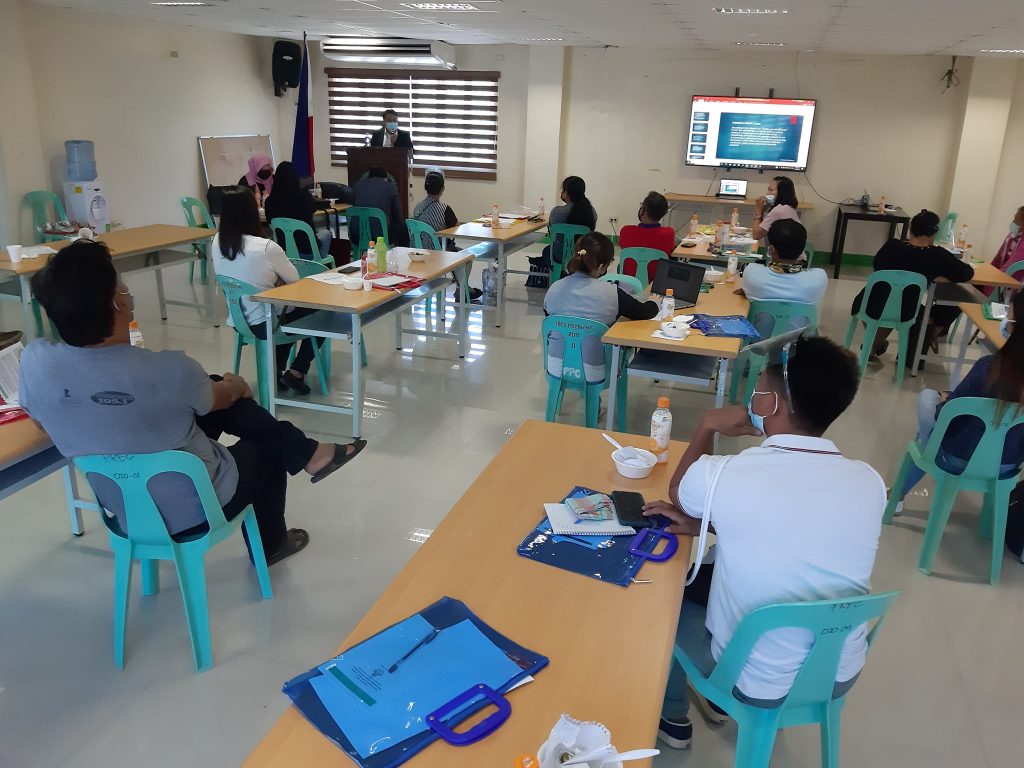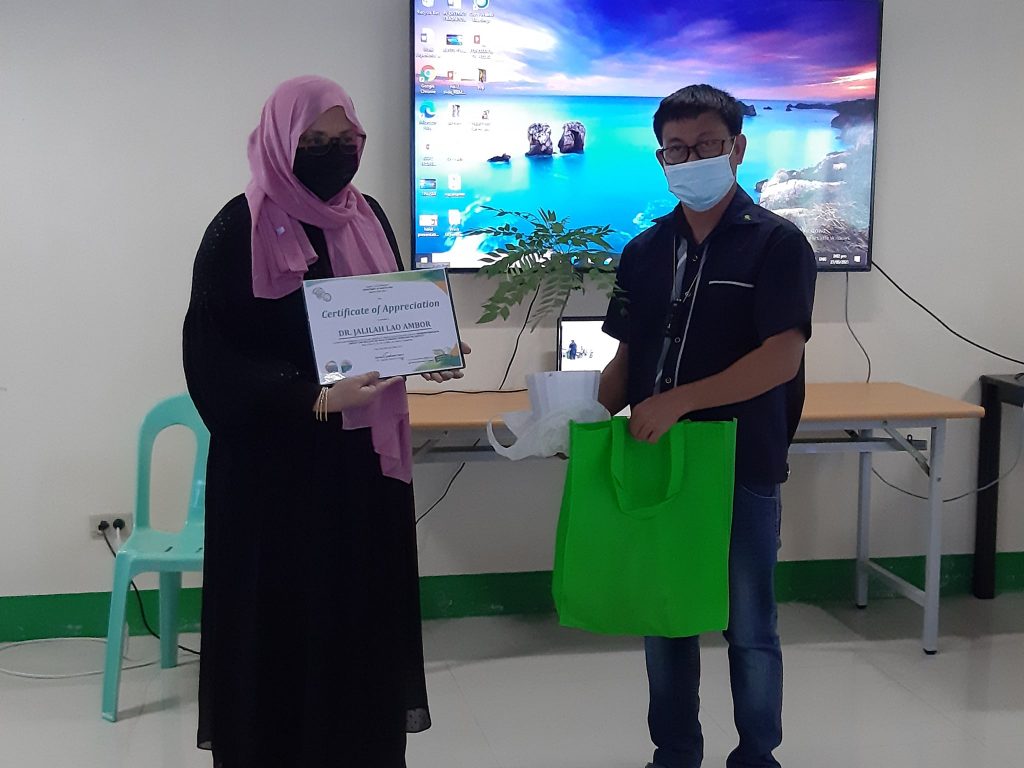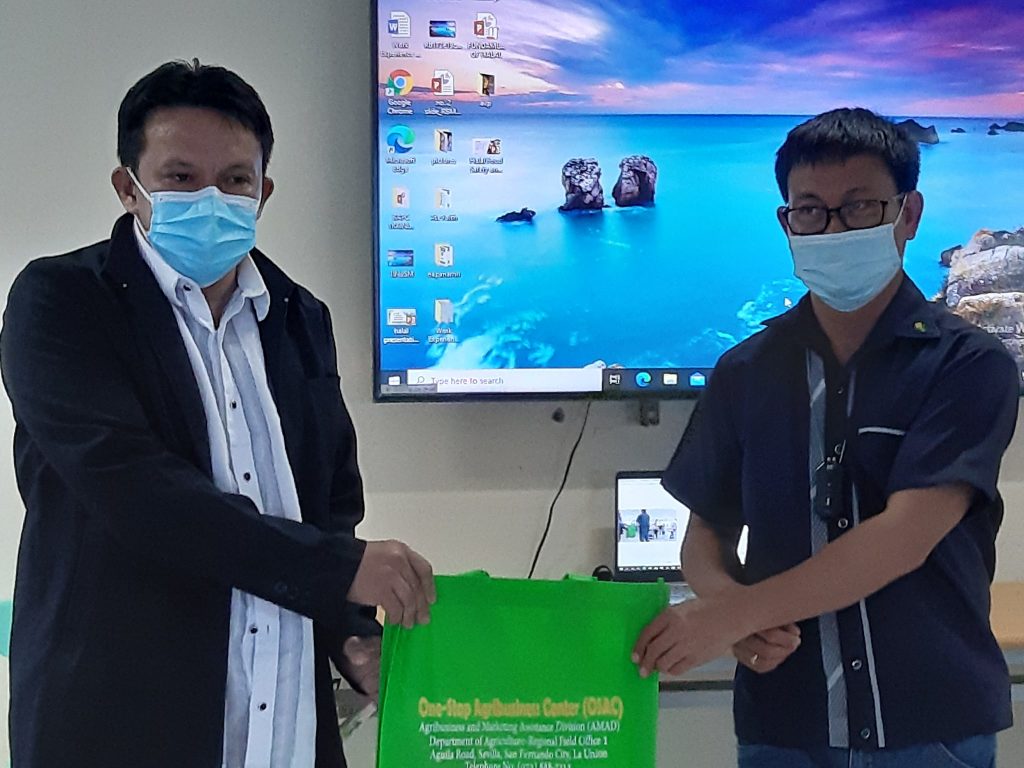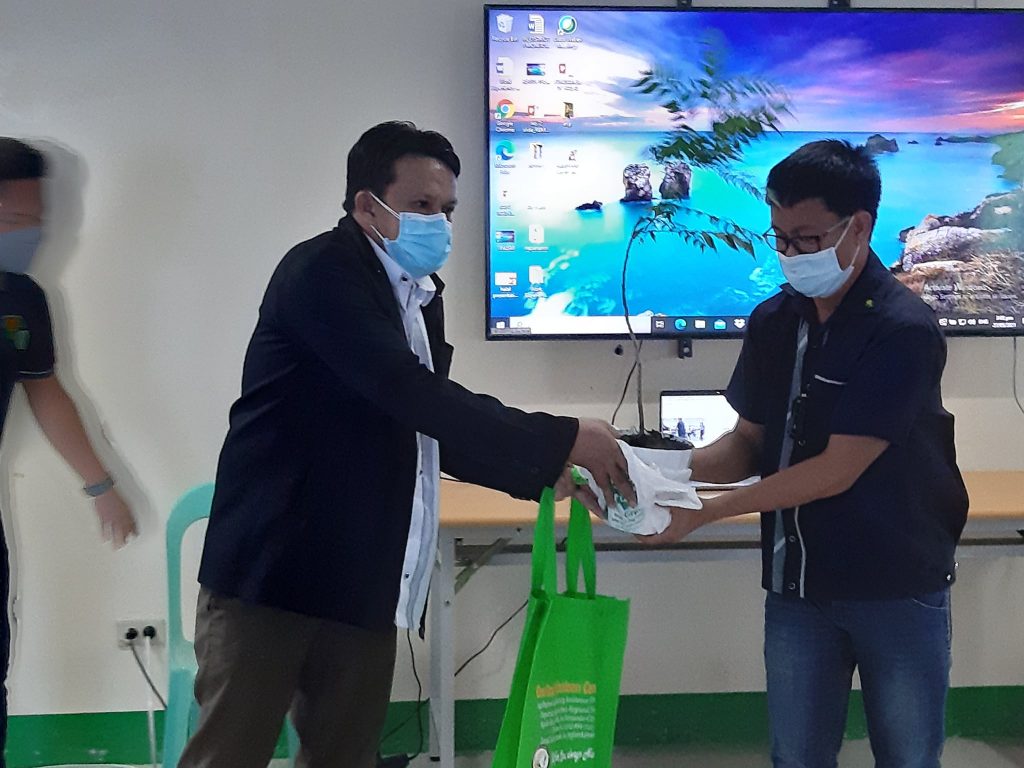“We should be a Halal agent, not a Haram agent.”
Department of Agriculture Regional Field Office I (DA-RFO I) Nestor Domenden made this statement in his message to the participants on the two-day awareness seminar on product certification and Halal standards promotions and advocacy conducted by the Halal Food Industry Development Program (HFIDP) of the DA-RFO I.
Held at the Pangasinan Research and Extension Center (PREC) in Sta. Barbara, Pangasinan on May 27-28, 2021, the activity provides updates for the food manufacturers, processors and entrepreneurs in an effort of the DA to create awareness on Halal Product Certification and Standards, thus providing an access for a viable enterprise.
Halal which means permitted, acceptable, lawful, allowed, un-prohibited and legal, is a Qur’anic term that can be used to describe foods for consumption in accordance with the Shari’ah or the law of Islam.
Mr. Faharodin “Gary” Salacop, Acting Chief of the Cultural Affairs Division National Commission on Muslim Filipinos (NCMF), North Luzon area noted in his discussion on the Fundamentals of Halal that the high spending of consumers for Halal products was registered in the US market with around US$1.2 trillion.
With the high market potential of Halal products in the world and which started to penetrate the Philippine market, Mr. Salacop, with the assistance of the DA’s HFIDP, is taking full advantage the promotion of Halal product certification and standards.
Dr. Janila Lao Ambo, also a Halal advocate and a practicing entrepreneur of Halal products shared valuable inputs on food safety and good manufacturing practices including the certification process to encourage the participants to venture in Halal products production.
To grow in the Halal food industry business, Dr. Ambo advised the participants to learn the preferences of the Muslims who served as their main customers.
She also encouraged them (the participants) to have their products be certified by the certifying bodies. Sharing her experiences on how she was able to have her Halal chicken products be certified, she recommended the participants to connect to the nearest accreditation body in their areas, prepare a letter of intent, fill up application form, set the initial audit and correct their findings.
“Once the findings are corrected, final visit shall be scheduled for final audit,” Dr. Ambo said. The issuance of the Halal Certification follows after incorporating the suggestions from the audit team.
In securing for the Halal Certification, Dr. Ambo said that it costs around P10,000 and an additional cost for the audit activity and other expenses to be incurred while correcting some of the processes based on the recommendations of the audit team. She added that the Halal Certification can be renewed every year at a minimal cost.
With the expanding Halal Food industry worldwide, Dr. Ambo is optimistic that the Philippines has a high potential for Halal food and industry products especially when food safety and standards are met.###
